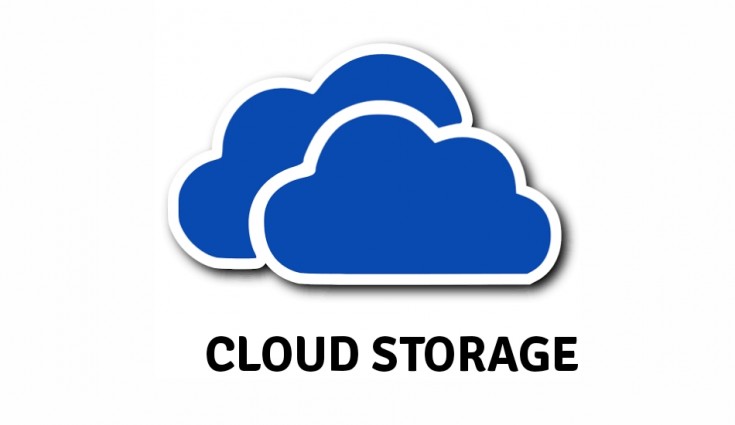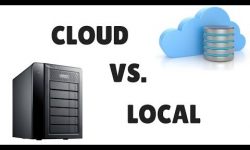The public view of cloud technology has shifted in recent years from "good to have" to "need to have." For many enterprises, it is regarded as a necessity. The cloud provides new opportunities for companies looking to increase productivity and agility, thanks to the proliferation of cloud-based software, disaster recovery planning, and data storage. However, newer isn't necessarily better in some situations. Although cloud storage has many advantages, some businesses are discovering that using local storage – or a hybrid combination of local and cloud storage – is a better option. Examining the benefits and drawbacks of cloud storage vs. local storage is a crucial step in determining which option is best for your business.
The main differences between cloud storage and local storage
It is important for every organization to ensure that its data is safe and secure. As a result, determining whether to store data in the cloud or on-premises is a major decision for companies. Both options have advantages and disadvantages. Knowing what they are will assist you in making the best decision for your business. The most noticeable variations are in the data storage methods and locations.
What is local storage, and how does it work? Any “on-premise” storage device, such as a hard disk, flash drive, local file server, or Network Attached Storage drive, is referred to as local storage (NAS drive). What exactly is a cloud? Plus: Cloud Advantages and Disadvantages "When you use an internet connection instead of your computer's hard drive to access files and programs. In somewhat more technical words, it's when you use the internet to access any data stored in a datacenter."
The Benefits of Local Storage
Speed: You are not constrained by your internet bandwidth when using local storage. When compared to cloud storage, the upload speeds will almost always be significantly faster with local storage.
Availability: You don't need an external internet connection to access your data if you use local storage. As a result, you are not reliant on your ISP's availability and connectivity to access your data.
Local Storage's Drawbacks
Flexibility of accessing data: To access data stored on local storage, you must physically have access to the storage unit. You won't be able to access everything saved on your hard drive if you choose to work from home or somewhere else and leave it at the office.
To avoid permanent data loss, it's always a good idea to have multiple backups in place. However, you'd be shocked by how many people don't back up their important information. If those people ever break or lose their local storage device, they can say goodbye to their files. Furthermore, storage devices may malfunction at any time, resulting in data loss.
Overall cost: The cost of purchasing and maintaining large-scale local storage (such as on-premise servers) is a huge sticker shock for most people. When you add in the fact that you'll need to update your hardware every 5 years or so, it can quickly add up.
Risk of data loss: To avoid permanent data loss, it's always a good idea to have multiple backups in place. However, you'd be shocked by how many people don't back up their important information. If those people ever break or lose their local storage device, they can say goodbye to their files. Furthermore, storage devices may malfunction at any time, resulting in data loss.









